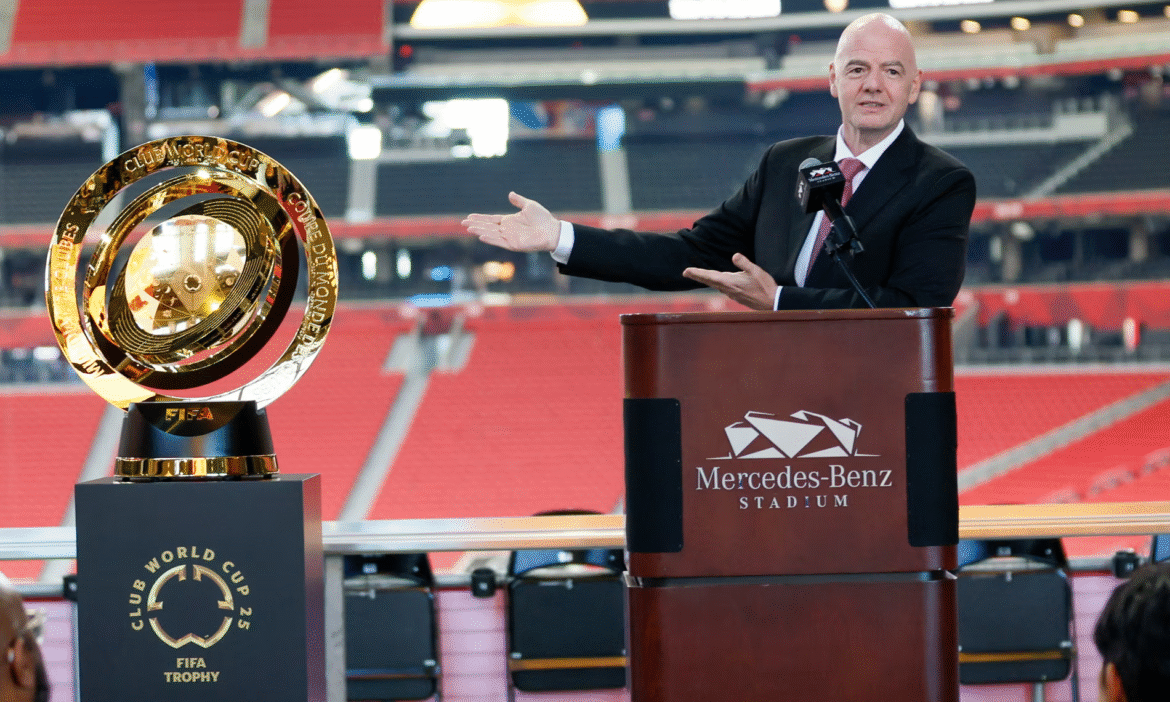The 2025 FIFA Club World Cup, set to debut its expanded 32-team format in the United States from June 15 to July 13, is encountering significant obstacles. These include potential tax liabilities for participating clubs and legal threats concerning player welfare and tournament eligibility.
Tax Implications for Participating Clubs
Unlike the 2026 FIFA World Cup, which secured comprehensive tax exemptions, the upcoming Club World Cup lacks similar arrangements. This absence could result in substantial U.S. tax obligations for the 32 participating clubs, in addition to their domestic tax responsibilities.
The situation is further complicated by varying state income tax rates—ranging from 0% in Florida to 7% in California—and the fact that some states do not recognize federal double taxation treaties. Consequently, clubs may face uneven financial burdens depending on match locations.
FIFA is actively negotiating with U.S. authorities to secure equitable tax treatment for all teams. Despite a lucrative $1 billion prize pool, with clubs like Chelsea and Manchester City set to receive $38.19 million each before taxes, these financial incentives may be diminished by tax liabilities and associated expenses.
Legal Threats Over Player Welfare and Tournament Scheduling
The international players’ union, FIFPRO, along with the World Leagues Association—which includes the Premier League—has issued a joint letter to FIFA President Gianni Infantino, urging the postponement of the expanded tournament. They argue that the current global football calendar is oversaturated, compromising national leagues and endangering player health due to increased injury risks.
The letter emphasizes that FIFA’s unilateral decisions to expand its competitions, without adequate consultation, are “jeopardizing national leagues and affecting the health and wellbeing of players.” FIFPRO warns that failure to address these concerns could lead to legal action.
Controversy Over Club Eligibility and Ownership Rules
Costa Rican club Alajuelense has threatened legal action against FIFA over the inclusion of Mexican clubs León and Pachuca in the tournament. Both clubs are owned by Grupo Pachuca, raising concerns over FIFA’s rule prohibiting multiple clubs with the same ownership from participating in the same competition.
Alajuelense argues that this inclusion violates FIFA’s own eligibility criteria and has engaged a Spanish law firm to pursue the matter. The club contends that enforcing the ownership rule could open a spot for their participation in the tournament.
FIFA’s Position and Ongoing Developments
FIFA maintains that it has considered player welfare in its scheduling and that the expanded Club World Cup will only marginally increase the number of matches for clubs. The organization also points to support from the European Clubs’ Association for the tournament’s expansion.
As the tournament approaches, FIFA faces mounting pressure to resolve these tax and legal issues to ensure the successful execution of its flagship club competition.
